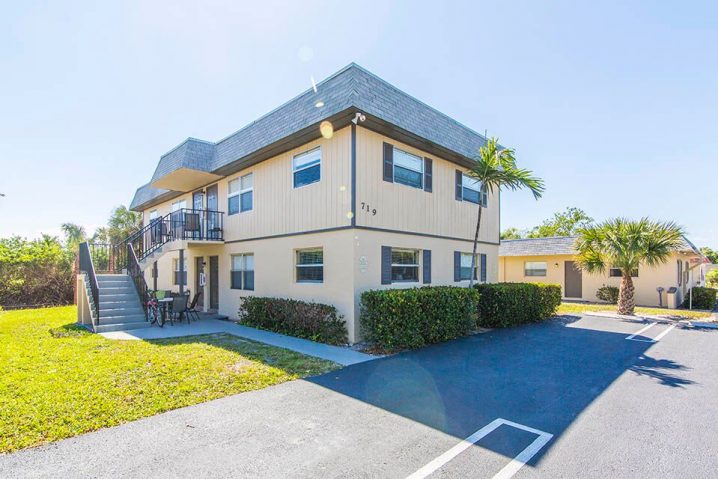Heroin has become a serious problem in the United States in the last few years prompting many addicts to look for the best heroin rehab near them. Heroin addiction can be hard to overcome due to withdrawal symptoms.
Hence why seeking the best heroin treatment programs can widely improve the chances of success. Serious health risks can arise when heroin is discontinued abruptly. Before you decide to stop using drugs or alcohol on your own it is important to consider the health risks. Seeking professional medical care is often considered best practice. Generally due to the standards, supervision, and protocols put in place to keep individuals safe in treatment most families agree.
Heroin Detox and Withdrawal
Heroin addiction is a chronic condition. The first step toward recovery is a heroin detoxification program. It is commonplace that medical professionals will supervise you during your detox protocol. Physicians may prescribe medications to help elevate the discomfort associated with withdrawal symptoms. Heroin will impact the body in a profound way. Heroin impacts the reward system of the brain and slowly over time the user will develop a tolerance to the drug. When the tolerance increases the amount of heroin needed to feel the same effect increases as well.
Usually, heroin withdrawal symptoms peak during the third day for most addicts.
Common symptoms of heroin withdrawal include:
- Vomiting
- Insomnia
- Dilated Pupils
- Muscle Aches
- Anxiety
- Abdominal cramping
- Sweating
- Diarrhea
Medications Used in Heroin Detox
As a result of the discomfort of these symptoms, certain medications may be prescribed during detox. These medications include methadone, buprenorphine, and naltrexone.
In short, Buprenorphine is very popular in medical detox facilities and helps to reduce cravings and physical symptoms.
Learn More About Medicated Assisted Treatment
Inpatient Heroin Rehab
As a rule, when looking for the best heroin rehab near you it is important to first understand all the levels of care. After the detoxification process, the next step is inpatient addiction treatment. Later patients will attend a Partial Hospitalization Program to receive therapy for their addiction.
Likewise, mental illness may need to be addressed during treatment. Thus a dual diagnosis rehab may be appropriate. If you struggle with addiction and mental illness they can be treated in these programs. Also, certain states may not have a heroin rehab and traveling out of the area may be needed. Finally, intensive outpatient programming (IOP) is offered to addicts seeking long term recovery from heroin addiction. The IOP program is best for addicts transitioning back into their daily life. Therapies such as cognitive behavioral therapy, motivational enhancement therapy, and dialectical behavioral therapy are all used during treatment. Additionally, specialized programming for relapse prevention, life skills development and family education can enhance programming.
Heroin Relapse Prevention
After an addict asks for help the recovery processes have begun. Through the treatment process, the addict is able to regain a sense of self. It is the goal of treatment to address the underlying issues of the addiction. In addition, 12-step meetings, individual therapists and family support will also increase the likelihood of addicts staying clean.
Above all, we hope that no one ever has to search for a heroin rehab. The internet has made it easier for those that do. With technology and transportation, the whole world has opened up to people in need. Finally, the help that heroin addicts require can be accessed anytime from anywhere. Addiction treatment does not stop when the addict leaves rehab. Also the support and follow up for the patient are critical for success.
Finding the Best Rehab for Heroin Addiction
When seeking an addiction treatment center for you or your loved one consider several factors about the program.
- Treatment Approaches
- Family Education
- Credentials of the Rehab and Staff
- Follow up support for patients
- Location









